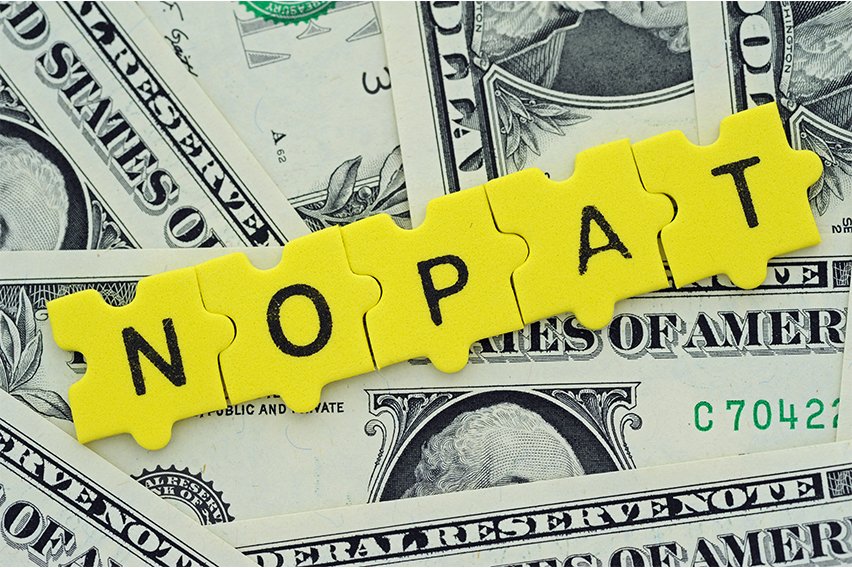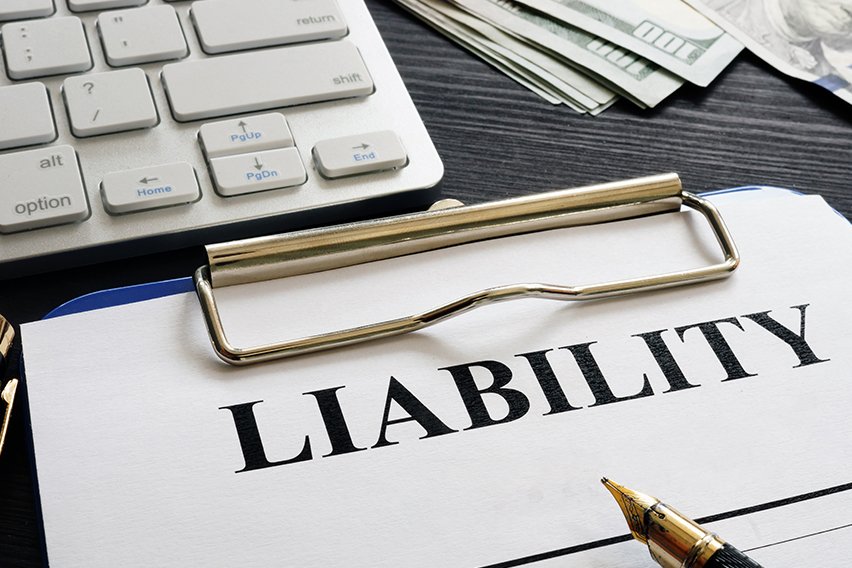What Are Write-Off Taxes? Definition & Examples

When it comes to tax time, most individuals and businesses are looking for ways to reduce their taxable income. Doing so means that less taxes have to be paid, and the annual tax bill can be lowered. One way of doing so for businesses is through write-offs. Businesses look to account for unpaid debts, unpaid accounts receivable, and losses. They can do this by using write-offs. Find out more about write-offs below!
Here’s What We’ll Cover:
What is a Write-Off in Tax Terms?
Small Business Tax Write-Offs in Canada
What is a Write-Off?
Generally speaking, a write-off is an accounting term. Businesses use accounting write-offs to account for losses on assets. On the balance sheet, write-offs appear as an accounting entry in two ways. They are a debit to an expense account, and a credit on the asset account. They almost always have to do with unpaid balances, and are a way to clear the balances from the books. These entries are also reported on the income statement in most cases.

What is a Write-Off in Tax Terms?
In Canada, a write-off on your taxes refers to deducting an amount from your taxable income. These write-offs have to be approved and permitted by the Canada Revenue Agency (CRA). There are a large number of different items that are considered a write-off for your taxes. We’ll get to some of the more specific examples later on in the article.
It is important to mention that some write-offs aren’t deductions. Some take the form of a non-refundable tax credit. Tax credits reduce the amount that you owe on your taxes. Regardless of how the tax write-off is classified, it is beneficial to the taxpayer. Both forms of write-off reduce the amount paid on the tax bill.
Tax Write-Offs That Reduce Taxable Income
Tax write-offs that reduce taxable income work differently from tax credits. Income determines the tax bracket, of course. By reducing your income, you can reduce your overall tax rate. For example, if you bring in $55,000 but can claim $13,000 in tax write-offs, your income drops to $42,000. This can reduce your overall tax rate.
Tax Write-Offs That Provide Tax Credits
Tax credits are a bit different than taxable income reductions. Write-offs in the form of credits reduce the amount of taxes paid. When identifying tax credits, you want to find the write-offs that provide the largest amount. This can help reduce the tax owed entirely in some cases, meaning that you’ll pay $0 in taxes.
Keep Detailed Records
No matter how you handle it, you’ll want to make sure that you keep detailed records. Doing so comes in handy for double-checking your write-offs. It also comes in handy in the case of an audit. The best way to keep records for tax purposes is through intuitive accounting software. Accounting software keeps detailed accounting records for your business, making write-offs simple.
Small Business Tax Write-Offs in Canada
The following small business tax write-offs are among the most commonly used. They tend to apply to many small business owners. Check out the list below and see if you qualify for these tax write-offs!
Vehicle Expenses
If you’re using your vehicle for any part of your business, you can use the expenses as a tax write-off. There are a large list of specific expenses that can be written off, but here are the most common:
- Fuel and oil
- Insurance and registration fees
- Repairs and maintenance
- Tolls
These can add up to a hefty tax write-off, so keeping a log of all of them is a must.
Home Office Expenses
If your home has turned into your office, there are plenty of tax write-offs available to you. With the world turning to remote work during and after the pandemic, some of these probably apply to you:
- Mortgage interest on your home
- Utilities
- Property taxes
- Home insurance
- Repairs and maintenance

Advertising
All businesses need advertising, so it’s likely you’ll qualify for these write-offs, as well. Take a look at what can be written off from advertising expenses below:
- Online advertising
- Television advertising on Canadian stations
- Magazine and newspaper advertising in the form of editorials
There’s loads more, but these are the most common advertising tax write-offs.
Key Takeaways
Tax write-offs are a great way to reduce your annual tax bill. When you’re running a small business, the more you pay in taxes the less you have in your pockets. Be sure to learn about all of the tax write-offs your business may be eligible for! If you want more helpful information like this, give our resource hub a visit, as well!
RELATED ARTICLES

 What Is Accounting? Definition, Importance, Types, & Solutions
What Is Accounting? Definition, Importance, Types, & Solutions What Is Accrual Accounting? Definition & Guide to Its Revenue
What Is Accrual Accounting? Definition & Guide to Its Revenue What is NOPAT?
What is NOPAT? Accounts Payable Turnover Ratio: Definition, Formula & Example
Accounts Payable Turnover Ratio: Definition, Formula & Example A Guide to Break-Even Analysis & How to Calculate It
A Guide to Break-Even Analysis & How to Calculate It What Are the Different Types of Liabilities in Accounting?
What Are the Different Types of Liabilities in Accounting?